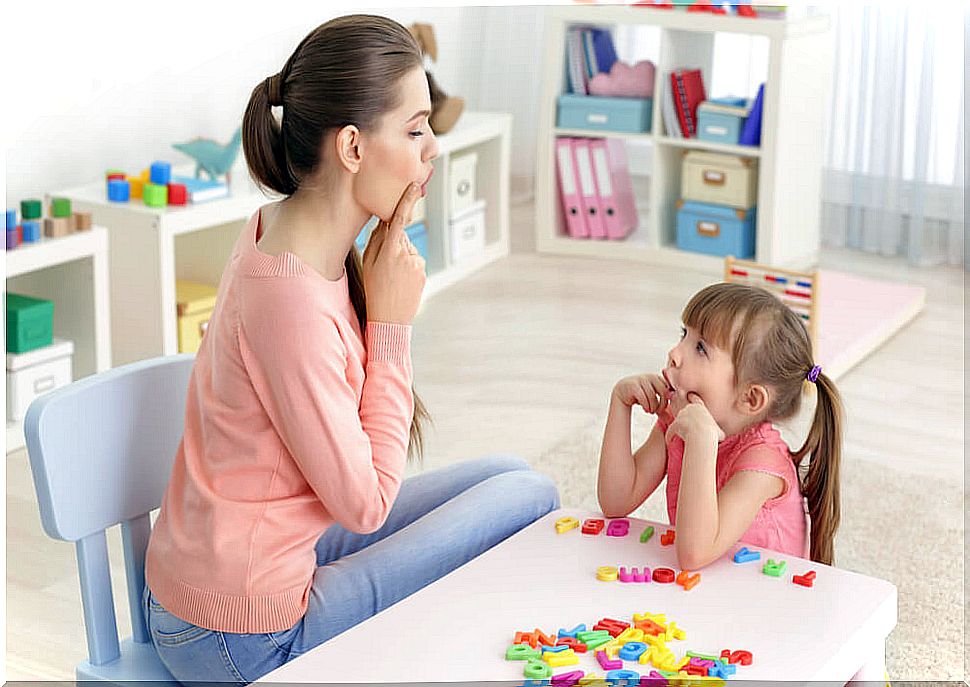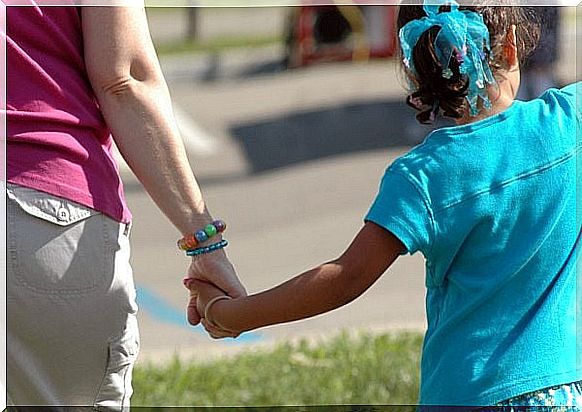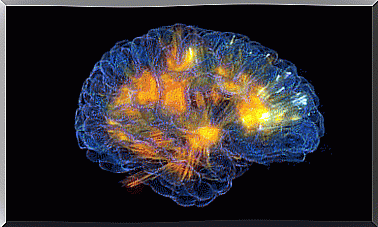How To Teach Your Child To Solve Problems
It is important to teach your child to solve problems, since these types of circumstances can arise at any time. Ideally, you should be taught to find the most appropriate solution, where the results always benefit everyone involved in the conflict.
With regard to problems, not only is the resolution phase important, but also the orientation towards it and the evaluation of one’s own limits and resources to face it.
A good orientation, therefore, is equivalent to 50% of the resolution of the same. In other cases, there are problems that are difficult to solve, since there are aspects of it that are beyond our control. Either because they depend on others, or because of external variables that are difficult to manipulate. In these cases, you also have to know what to do.
Every day, we are immersed in different conflicts. Much of them are related to other people. However, our internal problems, which are generated by the decisions we make, are not exempt.
Aspects to consider when teaching your child to solve problems
It is important that children from an early age make use of reflective thinking. They must take into account the order of ideas, thinking about the events before the problem and what can happen after the conflict. In this way they will be able to resolve an altercation or overcome a difficulty that arises.
Emotional intelligence also influences problem solving. This specific tool strengthens our conflict resolution skills. Therefore, it is recommended to start its development in children at an early age. In this way, when they become adults they will be able to coexist without problems in society.
Recommendations for teaching your child to solve problems
Here are some recommendations on how to teach your child to solve problems that may arise.
Diagnose the problem
First of all, your child needs to learn to apply the basics of conflict resolution. The following question must be asked: what happened? And collect all the necessary information to later form an impartial vision. This way, you can talk about the facts from a clearer focus.

Identify the causes
After you have identified the problem, it is important to know the causes. This will help solve it. To do this, you must maintain effective communication with your child, where he expresses his point of view. Thus he begins to develop his way of solving problems and controlling his emotions.
Teach him to be patient
Young children do not have a clear concept of time, so they get impatient easily. This action can create internal conflict and stress them. Being calm is essential to properly solve problems. It is best to teach your child to be patient, so that he can think before making a decision.
Encourage him to share
Generally, children sharing them creates stress, which probably give rise to a problem. It is not advisable to automatically give things to children.
They must learn that they are part of a family and a society. Where in many moments the things they have must be shared either at home or at school. It is important that they are clear that they are not the only ones deserving of the benefits.
Manage empathy
Regarding empathy, it is important that you tell your child that you know how he feels when a problem arises, but that on many occasions he must put himself in the place of the other person who is involved in the conflict and thus avoid getting involved in future problems.
Focus on the positive
After talking with your child about a conflict in which he has participated, the advantages and disadvantages of each possible solution should be analyzed. Then support the positive decision they made.
On the other hand, it is important to encourage him to comply with the solution that he was willing to assume. This will allow you to learn to take responsibility for your actions and decisions made.
Exchange opinions

Showing him that exchanging opinions and discussing in groups, in a peaceful way, will allow him to recognize that he is not always right. This way you will learn that it is important to accept what another thinks and that is why you should not be upset. On the other hand, it will help you manage and strengthen tolerance.
Positive side of conflict
When our children begin to have experience in conflict management at a young age, they acquire very positive benefits, such as:
- Develop empathy.
- Learn to make decisions.
- Overcome difficulties.
- Solve problems with dialogue and negotiation.
- Adapt to different social media.
In conclusion, it has been identified that we all have problems throughout our lives, and children are not exempt from them. Although for adults, their problems are often not significant, for children they are of a transcendental dimension.
Therefore, you must teach your child to solve problems from a young age. This will allow you to know and make use of tools that allow you to develop strategies to avoid getting involved in conflicts or make the best decision that benefits all those involved.









